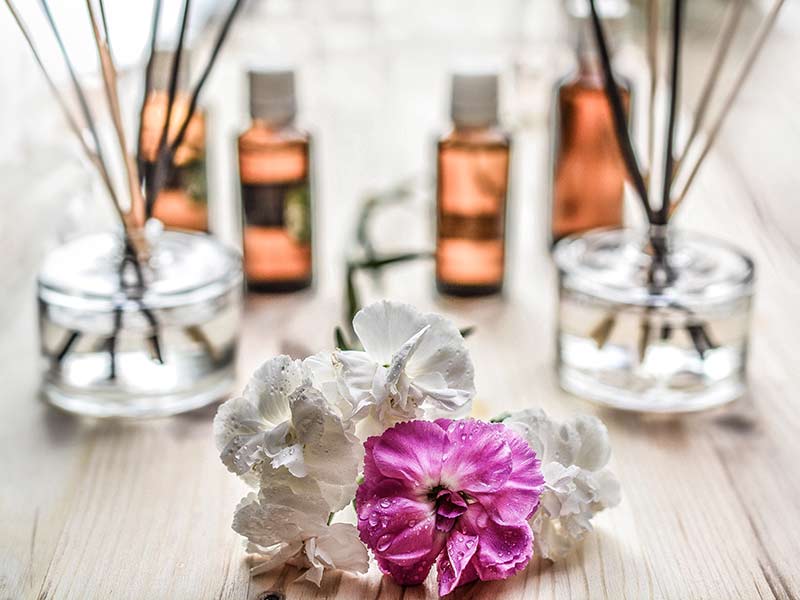
Humans have been using plants for healing for thousands of years, and aromatherapy is not just “perfume” or smells, there is a scientific basis for how and why it works for people and animals. Essential oils are basically purified or concentrated plant extracts, which is why, when applied correctly, they can have therapeutic benefits for a range of physical and mental issues.
The study of aromatherapy using essential oils is very complex and cannot be summarized in a single blog post. However, I would like to start by explaining some of the history of essential oils so that you begin to understand their use and efficacy.
Essential oils in Ancient Times
The earliest proof that humans used plants to combat illness is found in hieroglyphics. The ancient Egyptians had a remedy called Kyphi, a blend of aromatic plant extracts, which they used to purify the air and prevent the spread of disease. Ancient soldiers also took myrrh into battle to dress wounds.
Myrrh was also used in the Middle East, along with Frankincense. Both of these oils are, now, known to have anti-septic properties and compounds that promote healing, which explains why in the bible they were offered to baby Jesus. During this time, there was also an aromatherapy oil called an “anointing oil” made from cinnamon and cassis. These are both highly anti-microbial, and would help priests heal the sick, while protecting their own health.
This practice was built upon during the reign of the Roman Empire. Dicorides, a Roman doctor, compiled detailed information about medicinal plants into a book called the “De Materia Medica.” In it he recorded a variety of medical uses for indigenous plants and herbal remedies.
Essential oils in the Middle Ages
Despite the fall of the Roman Empire, the knowledge of herbal remedies continued to expand. With trade routes now established, cultures were able to share their knowledge more easily, and medicinal plants became valuable commodities. In the Arabian peninsula, a healer called Avicenna created a new practice of essential oil distillation. He also studied and documented the therapeutic effects of many plants. The Crusades introduced Europeans to herbalism and soon the methodology become more and more advanced. In the 1600s, an English Botanist Nicholas Culpepper wrote “The Complete Herbal”, which despite its age, can still be used as a reference for modern herbal remedies.
Essential oils in the Modern Era
In the early 20th Century, a French chemist named Rene Gattefosse, was experimenting in his lab and burnt his arm. Seeking quick relief he dunked his arm into a vat of lavender oil and noticed some amazing benefits. He felt instant relief from the burn, and afterwards documented that the healing process was more rapid, with no infection, and he had no scarring. Gattefosse began studying essential oils in depth and coined the term “aromatherape” or aromatherapy in English. His work laid the foundation for scientists to analyze the chemical compounds in different plants in a methodical way.
Gattefosse’s work was picked up by Marguerite Maury, who brought the use of essential oils to Britain. She studied the works of Dr. Jean Valnet, the father of modern medical use of essential oils. Marguerite used the oils in her beautician work, and was the first to blend them in a synergistic way.
This takes us to modern times, where scientists at research hospitals, prominent universities, and pharmaceutical laboratories continue to study the efficacy of aromatherapy with incredible results.











I am searching for the book you use as source material. Any way I could get a copy of I paid for printing or do you ha e any interest in selling?
Some of the books I used as a reference are linked in the post and are widely available. If you want physical copies you might try Amazon or some other book retailer. Thank you
Sherie
A lot of history, thanks for sharing this info about essential oils
I use essential oils for all kinds of things and remedies